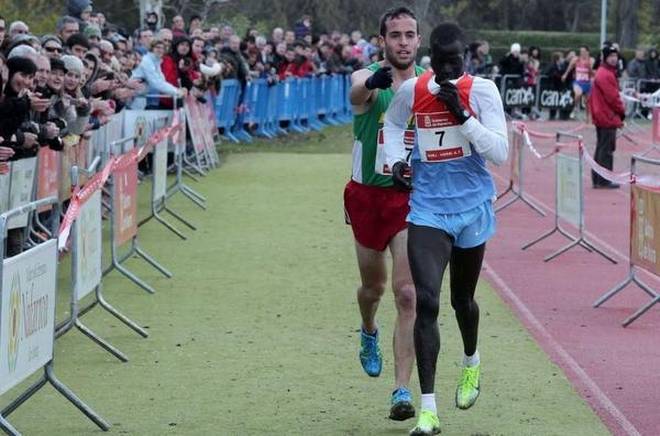
BY Gerald MBANDA
On 27, January 2021, the Chinese Ambassador to the United States Cui Tiankai made a speech on an online dialogue on the “China-U.S Engagement: Past Achievements and Future Adjustments.” The dialogue was organized by the Chinese People’s Association for Peace and Disarmament and the Carter Center. While commenting on the China-US relationship, Ambassador Cui stressed that it would be a “huge strategic misjudgment” for the United States to take China as “a strategic rival and imaginary enemy.” Whoever has listened to US politicians and policy makers, media stories and think tank publications, it is clear that the issue of looking at China as a rival and imaginary enemy is real and widely believed in the western world. US sources also want to spread the same negative perception to other countries. For example, the trip to African countries by the former US Secretary of State Mike Pompeo early last year, was marked by biased speeches towards China. The US backlash on China in Africa is believed to be caused by the fear of China’s growing influence in Africa and out-competing the US in terms of diplomatic and business engagements.
The discussion by ambassador Cui point to one known fact, that the rise of China is seen as edging out US from number one position of global influence. This has threatened the US which has resorted to pulling the legs of China rather than accepting the challenge or make strategies to stay in a healthy competition. “It is our firm belief that China and the United States can benefit from the prosperity and development of the other side. We may have competition, but we don’t have to be rivals,… Instead, we should strive to be partners. “Ambassador Cui said.
The US-China relation reminds me a cross country athletic competition that took place on 2nd December 2012, in Spain, (in the picture shown above). The race went like this: In the cross country race in Burlada, Spanish athlete Ivan Fernandez Anaya was running behind the Kenya race leader Abel Mutai. “As they entered the finishing straight, he saw the Kenyan runner – the certain winner of the race – mistakenly pull up about 10 meters before the finish, thinking he had already crossed the line.
Fernandez quickly caught up with him, but instead of exploiting Mutai’s mistake to speed past and claim an unlikely victory, he stayed behind and, using gestures guided the Kenyan to the line and let him cross first.” Note here that to draw the comparison with the China-US competition, neither of the countries has made any mistake just as Mutai did, nor does any of the two countries need to be guided by the other. The reaction of Fernandez attracted much attention from spectators, journalists and later the entire world. He later told reporters that “I didn’t deserve to win. I did what I had to do. He was the rightful winner. He created a gap that I couldn’t have closed if he hadn’t made a mistake. As soon as I saw he was stopping, I knew I wasn’t going to pass him.” When Fernandez’s coach, Fiz was asked to comment on what his student had done, he had this to say, “It was a very good gesture of honesty,” said Fiz. “A gesture of the kind that isn’t made any more. Or rather, of the kind that has never been made. A gesture that I myself wouldn’t have made. I certainly would have taken advantage of it to win.”
One important lesson that Fernandez example taught us is that even in a tough competition that would have earned him fame and money, being honest with a sportsmanship spirit was more important. Going back to China-US relations, China’s rise is a reality and unstoppable. Political analysts observe that the US should be honest like Fernandez and step out of denial to accept that China is a country on the move in its development trajectory and therefore, a fierce competitor rather than an enemy. The competition should be based on mutual respect, building a community of shared prosperity, rather than suspicion and imaginary enmity.
In the competition in Spain, neither did Fernandez pull the leg of Mutai nor did Mutai kick Fernandez behind him. Sportsmanship spirit and honesty prevailed. Efforts to pull the legs of China and tarnishing her image will not succeed in the 21st century. One question that still lingers in the minds of US-China relations scholars is whether the worst case scenario of US provocations say in the South China Sea can lead to a military confrontation. This will be a discussion for another day.
Fernandez concluded with a statement that can be a great lesson for the US-China relation. He said, “But I also think that I have earned more of a name having done what I did than if I had won. And that is very important, because today, with the way things are in all circles, in soccer, in society, in politics, where it seems anything goes, a gesture of honesty goes down well.”
Gerald Mbanda is a Researcher and publisher on China and Africa.
For comments or opinion write to us on info@africachinareview.com
 Africa -China Review Africa -China Cooperation and Transformation
Africa -China Review Africa -China Cooperation and Transformation
